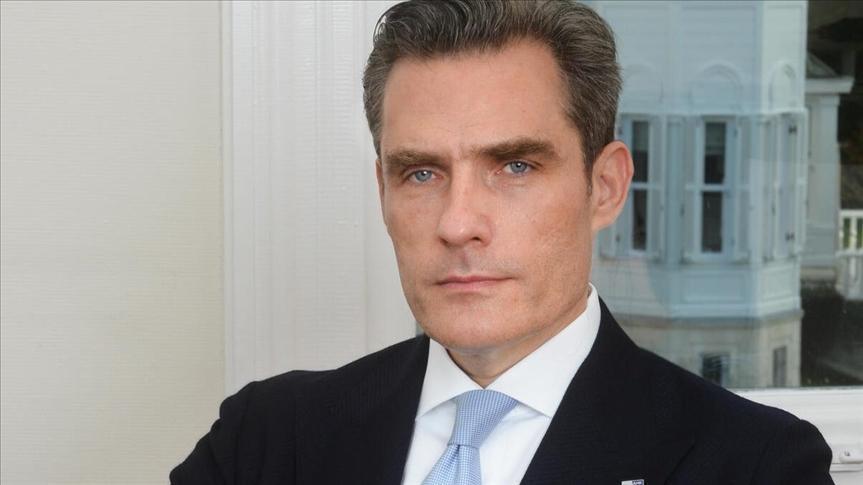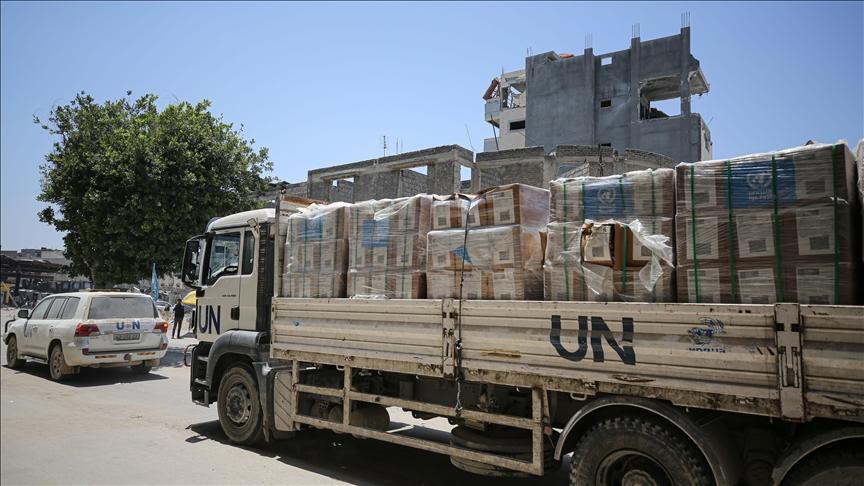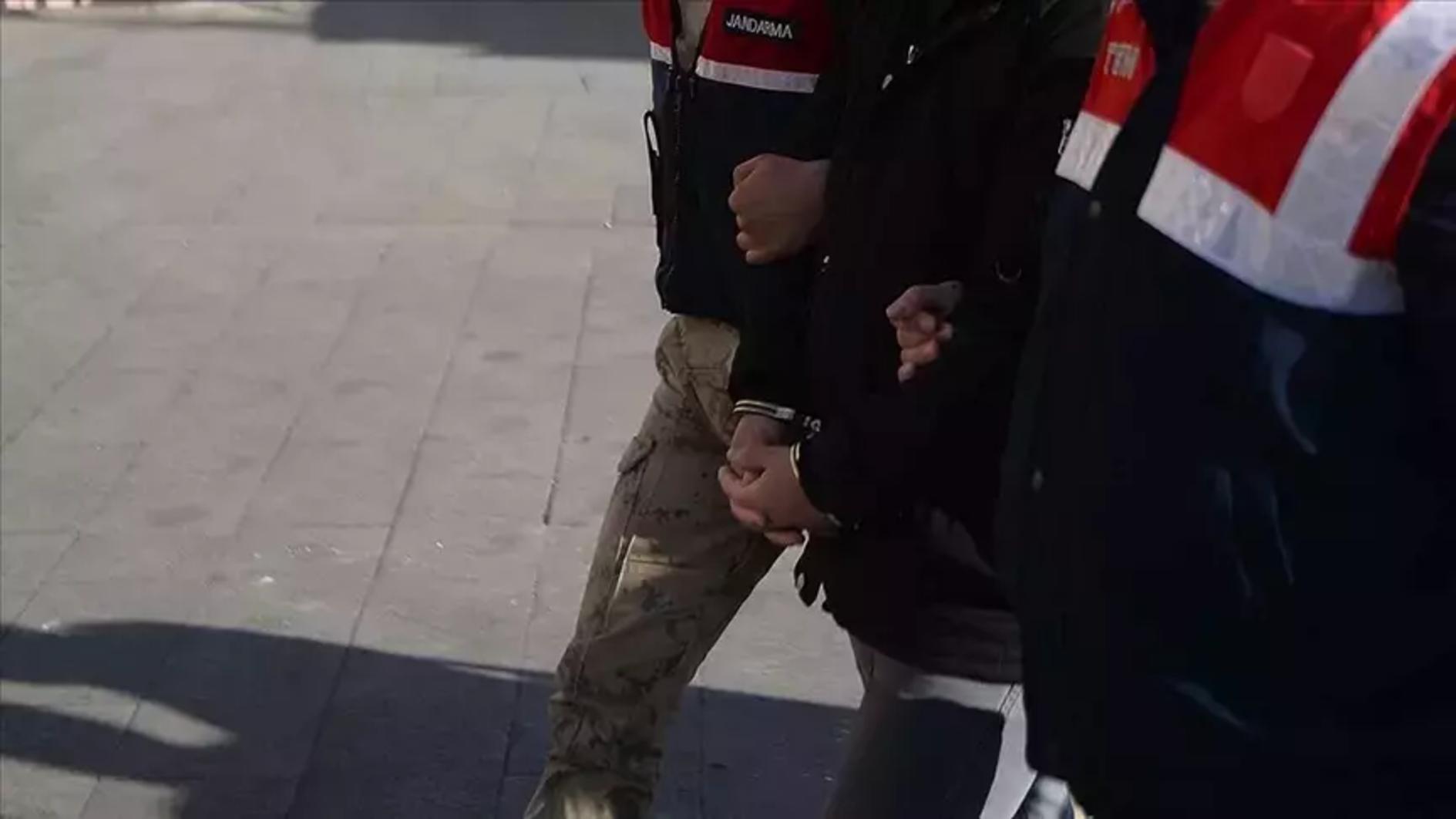German firms see Turkey as hub for accessing huge market
ISTANBUL

German firms see Turkey not only as a large consumer market but as a hub that gives them access to a market with a population of 1.5 billion, said the head of the German Turkish Chamber of Industry and Commerce on Oct. 18.
Germany-based companies have understood the potential of the country’s location and the potential of the entire region, Markus Slevogt told the state-run Anadolu Agency.
Stressing that Turkey’s largest trade partner is the European Union, he said Germany and Turkey are more than two countries for decades, and have a very strong business and commercial relationship.
“Turkey and the EU need each other as strategic partners, and also Turkey as the country that has maybe the broadest network and the broadest influence in this region will help the EU and Germany also to secure strategic interests in this region,” he said.
Turkey will have a new and important role in global supply chain activities and creating a more robust supply chain for European production hubs, he said.
COVID-19 problems still continue in Asia, he said, adding that “Currently, for example, in Vietnam or Bangladesh, we are seeing very heavy outbreaks.”
He noted that European countries have had to close production sites in many fields such as textiles, sports apparel and shoe production.
“Running shoes is just an example. Shoes might be in shortage in the Christmas season and this winter due to the fact that production sites are used in Asia by global textile and sports manufacturers,” he added.
One of these is that Turkish businesses have kept factories running under very strict measures and the other is that Turkey has well-established production activities and supply chains, Slevogt said.
Europe was looking for cost advantage solutions and found the solution in Asia in the old days, but time is more important in the production approaches in Europe now.
“So any interruption means you cannot continue producing, and that is an enormous cost issue because all your plans are depending on whatever your production side is doing,” he said.
The pandemic also changed the cost equation, with freight and logistics costs increasing substantially during the pandemic, he noted.
Therefore, supply chains should be reorganized and moved towards more robust and relevant locations, he said, adding, “Turkey has an additional advantage logistically and also with its robustness for European production sites.”
Stating that there is only one disadvantage, which is the Customs Union, he highlighted the union agreement was a very good step in 1995-1996, but that it is now outdated. He said the agreement should be upgraded.
Slevogt recalled that German pharmaceutical giant Boehringer Ingelheim this month unveiled plans to make investments in Turkey and establish a joint venture with prominent Turkish pharmaceutical player Abdi İbrahim.
The German firm will conduct clinical research and to produce diabetes, central nervous system and cardiovascular drugs in Turkey. Its initial investment in Turkey will be around 150 million Turkish Liras ($16.9 million), and it will gradually increase to 1 billion liras ($112.4 million).
















